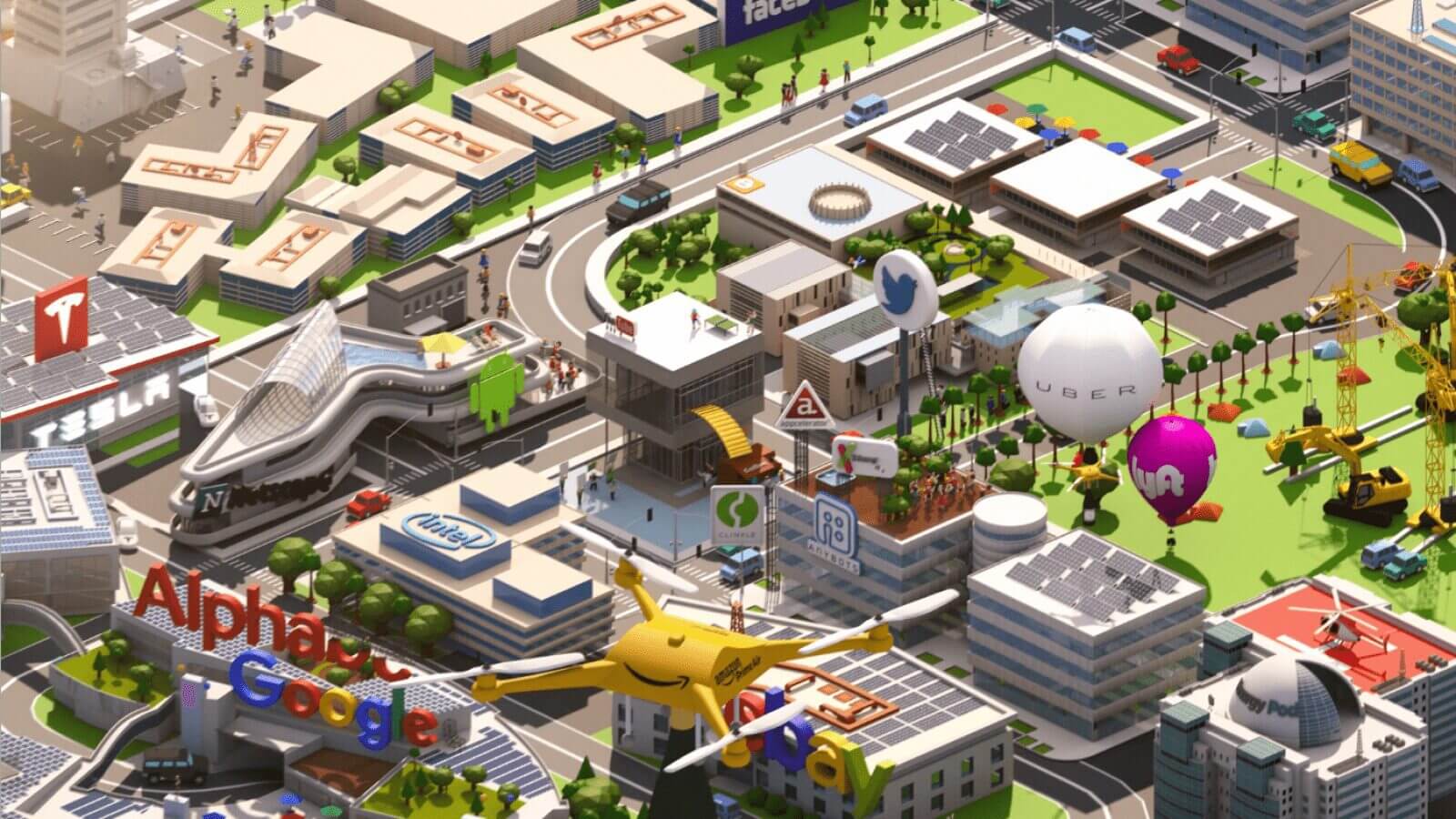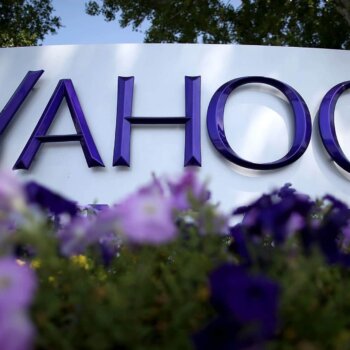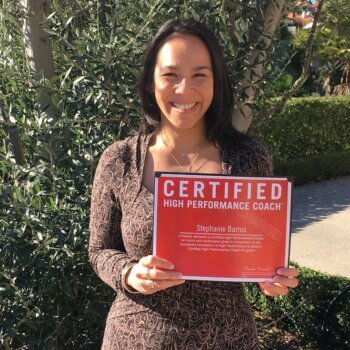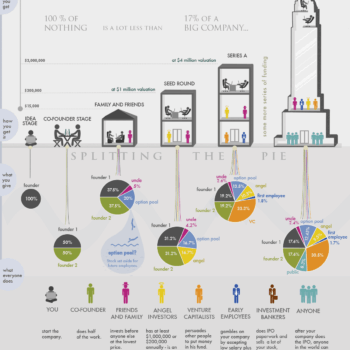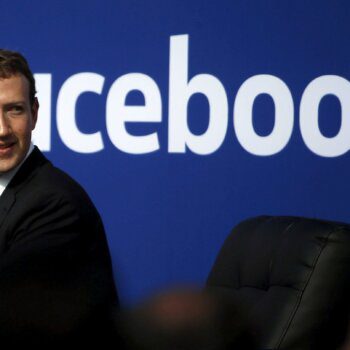Stationed on the West Coast of the United States, flanked by the blue hues of the Pacific Ocean, is a city that’s home to some of the greatest companies in the world. 700 miles south of that is San Francisco.
I moved to San Francisco two years ago to work for a startup called Padlet. I love it here. It’s like being in Hollywood, but with less-good-looking people. You have the celebs, you have the scandals, you have the media frenzy. My friends back home are full of questions:
“Is it fun?”
“You think I should look for a job there?”
“How far is Vegas?”
So, here is my experience. I hope it brings the readers closer to our little valley where we are building the future. (Hint: About 145 different companies will be solving food transportation.)
My day begins with a 30 minute commute to work. I take the subway. The subway system in SF is called BART, short for Bay Area Rapid (Hahahahaa .. Hahahahaaa) Transit. I love BART because it is always full of surprises. E.g. yesterday, I was at the train station and bam! the train came on time.
Many drive to work. Driving in SF is like a theme park ride — the cars move bumper to bumper, the terrain is alpine, and the people around you have the temper of 10-year-olds.
Here is a pop-quiz — Which one’s an SF road and which one’s a roller-coaster?
Those with a death wish cycle to work. It is easy to spot a cyclist. If you see a guy with one side of his jeans rolled up to the shin, he is a moron; if you see a guy on a bicycle, he is a cyclist.
My office is in a neighbourhood called SoMa, short for South of Market. Many startup offices are in SoMa. The name is a tribute to the returns that investors in these startups will see in the long run. (N.B. Padlet has since moved to the Presidio neighbourhood.)
SoMa is a vibrant area with a variety of establishments like Starbucks, local coffeeshops, grab-and-go coffee kiosks, and coffee trucks. It’s a shame I don’t drink coffee. It’s not that I don’t like the beverage. I just prefer not to consume anything at temperatures that would liquify my alimentary canal.
Why is coffee in SF so hot? Are people welding metal with it? The one time I asked a barista (phrased more politely, of course), I was reproached,
“Good coffee needs to be brewed at 200°F for full flavor.”
Odd! Good bread needs to be baked at 400°F but I don’t see any bakeries selling me searing dough bricks.
My company shares its office with two other companies — Buildzoom and Flexport. Judging from their names, Buildzoom manufactures high precision microscopes and Flexport ships fluorine to dentists in China. We all have a common investor named YC. YC is the venture capital arm of the YMCA. They invest in a lot of companies every year, many that seem outrageous on paper. E.g. they invested in a company called Swapbox, which, I believe, is cloud storage for swingers.
Now, you must be thinking — “Isn’t it stupid to judge a company by its name?” No. It’s not. Most companies in the Bay Area have obvious names:
- Evernote makes note taking apps
- Optimizely lets you optimize your websites
- Google lets you google anything on the Internet
Our office, like most modern startup offices, has an open floor plan. In an open floor plan, desks are organised like tables in a college cafeteria. However, instead of food and noise, you have computers, food, and noise.
The noise mandates that you wear headphones while working. Be careful, though. Your choice of headphones reveals a lot about your character:
- Beats headphones: You are wasting your life’s earnings on fashion, hopelessly trying to look like a cool teenager.
- Headphones that come with your phone: You value a simple life. Buddha smiles on you.
- Giant noise cancelling headphones resembling electric shock equipment: You are Chuck Norris.
An assorted collection of desks and chairs adorns our office. People reflected on their lack of fitness and concluded that the blame lay squarely on their choice of furniture. So some people have standing desks — desks so high that you have to stand to use them (or as short folks like myself like to call them, any other desks).
Markets are chockablock with these desk+gym hybrids — standing desks, treadmill desks, cycling desks. This is why I feel bullish about my swimming desk idea — a big water tank with an infinity pool and a computer bolted on one side. Noise cancelling scuba masks, snorkels, and fins come as standard equipment.
My favourite mutant furniture, however, is the “balancing ball chair”. This chair has an exercise ball in place of a seat cushion. Let me repeat that: in place of a seat cushion, this chair has, a giant ball. It’s a great way to lose weight (Pronounced: ˈdiɡnədē).
Outside of Chobani, you’d be hard pressed to find a place that talks more about culture than Silicon Valley. We want to create an environment where employees are happy, motivated, healthy, and productive.
Since people are happiest in the company of friends and family, we make sure you have work-life balance. This means you can work-from-home; on weekends. Notable exception is Yahoo. They let you home-from-work by allowing you to bring your infant to the office.
Of course, we realize that not everyone has friends. So we let you bring your dog to work. Our office has a dog too. His name is Moses. He’s sensitive to sunlight.
Unlimited vacation policy is another perk at most good companies. Travelling, after all, is an important part of the human experience. All we ask is that you don’t leave at a time when your presence is sacrosanct for the company. It can be hard to judge that at times so here is a handy table to help you decide when you can go on a vacation:
Most startups provide lunch. Given the wide array of dietary preferences people have in SF, it’s a tricky proposition. It is fairly common to have someone who is a vegetarian, a vegan, on gluten-free, on paleo, and on juice detox in an office of 3 people. Allow me to explain these diets:
- Vegetarians don’t eat meat. I like vegetarians. I take comfort in the fact that if I am stranded with them in the Atlantic, ethically, I am one step closer to eating them than they are to eating me.
- Vegans don’t use anything that comes from animals — like milk, leather, meat, and Comcast.
- Gluten-free people don’t eat glue, which is a stupid diet to be on because no rational person eats glue. Based on that logic, I am on a painten-free diet because I don’t eat paint.
- People on paleo only eat foods available to paleolithic humans, like Mammoths and Megalodon sharks.
- Juice detoxers eat other people’s neurons because they don’t shut up about being on juice detox.
Of course, we can’t talk about working in SF without actually talking about how we work.
First rule of working in Silicon Valley — keep your emails short. If the recipient finds them rude, he/she needs a lesson in productivity (and skin thickness augmentation).
Ignore the novella length signature; the brevity rule doesn’t apply to it. Put anything there — legalese, a call to save trees, a motivational quote. Not many people know that Twitter started out as an email service for Silicon Valley professionals but didn’t catch on because it allowed way too many characters.
We don’t have meetings; meetings are to startups what kryptonite is to Spiderman — out of place. So we have all-hands, one-on-ones, stand-ups, and huddles. Same goes for calls — we don’t make phone-calls. We sync-up, touch-base, or simply, connect. Make sure you set up the right one, or you may give people the impression that you are wasting their vocabulary.
The most sacred psalm of the startup-bible, though, is —
“Do things that don’t scale.”
This is why our first hire was a lousy mountain climber.
One last thing — the startup life does not stop at work; it affects your personal life too. E.g., if you work at a startup in San Francisco, you are like the guy selling plastic souvenirs at the Eiffel tower. Everyone at the Eiffel tower is selling plastic souvenirs. So you find yourself having the same conversations with similar people. Here is an example:
Alex: I have a startup. We are Yelp for contractors.
Ben: I have a startup too. We are contractors for Yelp.
[Pause]
Together: Business model … yada yada yada Paul Graham … Series A … lorem ipsum Google sucks.
This, in itself, is not a problem; I enjoy these conversations. The problem is that they often render you incapable of any other forms of communication. E.g.:
Girlfriend’s dad: Great weather today.
Ben: Yeah. It’s beautiful.
[Pause]
[Longer pause]
Ben: So I see you use an iPhone. Android sucks, huh?
Famous investor Marc Andreessen says:
Software is eating the world.
That explains why software is so shitty. Many things in the world — like Kanye, curling, and kale — are hard to digest.
Still, technology is changing the way we live, the way we love, the way we work. And a lot of that technology is being built here in San Francisco.
If this sounds exciting, come on board; Padlet is hiring, and so are a bazillion other startups. If you don’t live here and can’t relocate, don’t worry; many startups hire remotely. (Reddit isn’t anymore, FYI.)
If you are already a part of this world, why did you just waste 8 minutes? Why aren’t you working? Stop procrastinating and go ship stuff!
About the Author
This submitted article was written by Nitesh Goel, founder and CEO of Padlet. See more.
